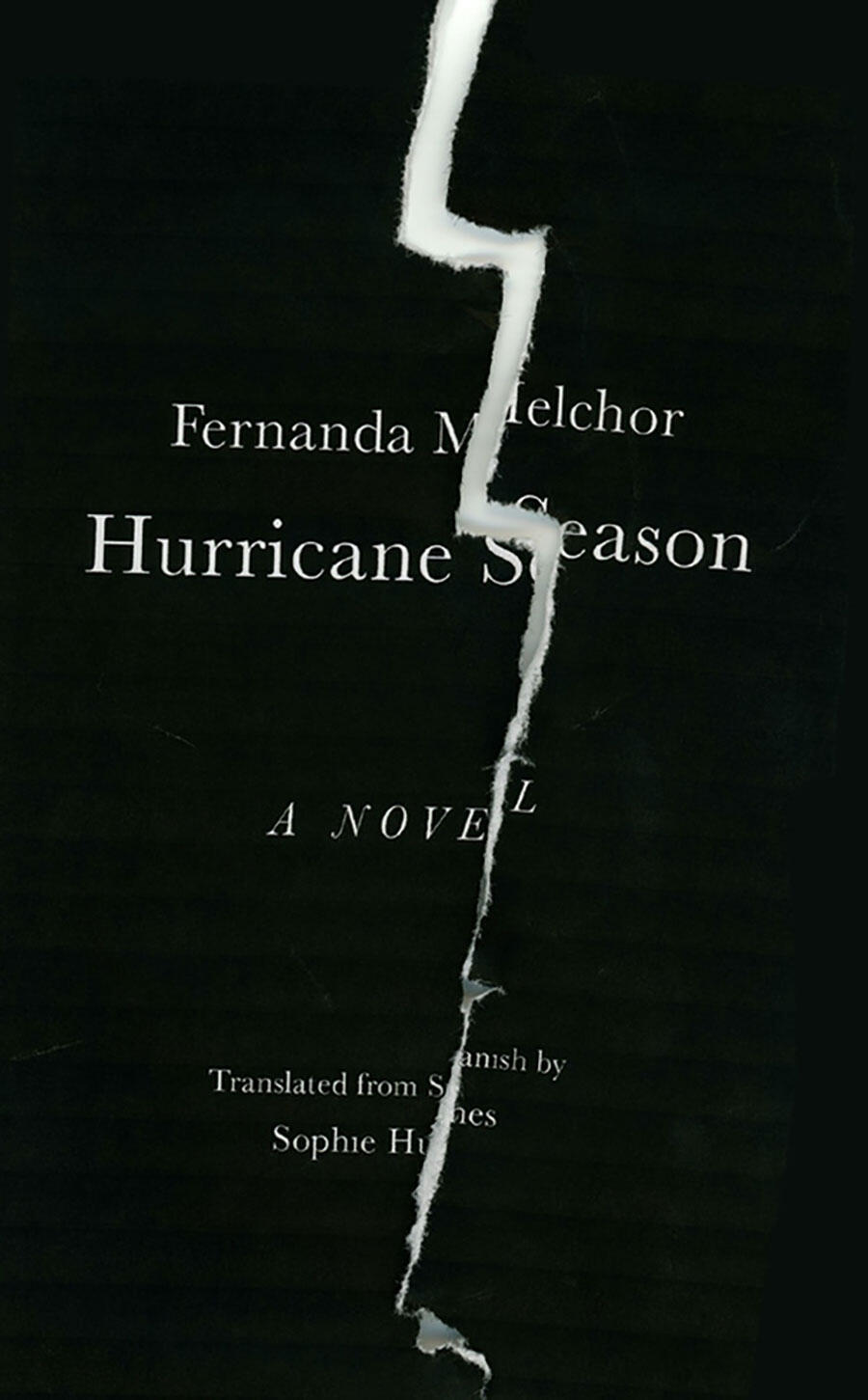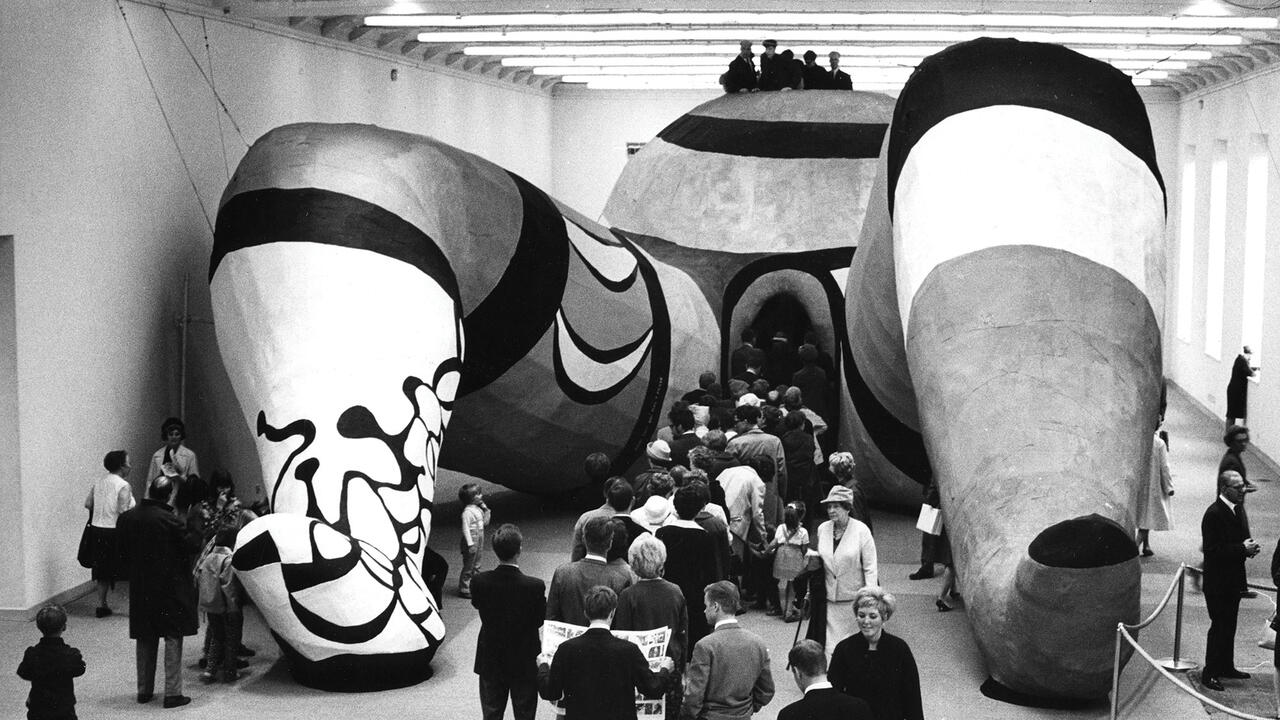The Silent Transformation of Language
Translator Sophie Hughes on what might be lost when we translate literature into English
Translator Sophie Hughes on what might be lost when we translate literature into English

In this dossier, artists, writers and translators grapple with the politics of language, and their impact on us as readers, viewers and critics. Sophie Hughes analyses the power dynamics of literary translation from an anglophone perspective, while Theophilus Imani explores what it means to translate images through his photo diptych project (2016–ongoing). Andrew Maerkle reflects on his experience as a lecturer teaching the first Japanese translation of Filippo Tommaso Marinetti’s Manifesto of Futurism (1909) to multilingual university students and Evelyn Taocheng Wang’s visual diary entries reveal her feelings about learning English, Japanese, German and Dutch.
Actors, ventriloquists, musicians, spies. Invisible, treacherous ghosts. There are a lot of metaphors for translators, but few that wear the easy grace of plain truth. A decade ago, starting out in the profession, I was youthfully attracted to the idea of translation as a bridge: a benign activity that seamlessly connects different experiences and ways of being in the world. Today, having had a closer look inside the commercial anglophone publishing machine, I notice many things which trouble that assumption, like, for example, languages and cultures routinely labelled either ‘major’ or ‘minor’. There are no two ways about it: the making of the Other remains a driving force – cynical for some, accidental for others – behind the publication of a lot of translated literature in English.
There is still some expectation on the part of mainstream publishers and readers for a novel by a Mexican writer to be set in Mexico, to be about cartels and sicarios, or to mimic the tropes of the magical-realist sagas brought to global fame during the Latin American boom of the 1960s and ’70s. In cases where an author’s literature does not neatly conform to the anglosphere’s idea of their country or culture, their ‘foreignness’ might be underscored instead. Two years ago, US publisher Riverhead Books made an oblique yet undeniably fawning apology for the foreignness of Polish author Olga Tokarczuk
by launching an Instagram marketing competition encouraging people to send in their best attempts at pronouncing the recent Nobel laureate’s surname. Translation is certainly not a perfect vaccine against parochialism.

When we translate a work of literature, we transform it twice. The first and most glaring transformation is linguistic: compare any translation side by side with its original and you will see that it is a surprisingly loud, thrusting thing, with rarely a word left unbothered. The second transformation is more subtle and insidious. In his 1975 book After Babel: Aspects of Language and Translation, George Steiner wrote that ‘no language, no traditional symbolic set or cultural ensemble imports without the risk of being transformed’. One understanding of translation is that a poor translator can betray a work if they lack either the humility, attentiveness or skill to preserve the author’s original. Steiner reminds us that this is only half of the picture. Readers transform texts, too, with their ideas, their palettes, their projections.
This is one of the great contradictions of translation: in order for a person to ‘read the world’ – to learn about cultures other than their own, to hear a wide range of stories – we need writing translated, yet, in a world dominated by the English language and anglophone culture, translating into English increases the risk of original works being not just transformed, but traduced. Toni Morrison seems almost to sound this warning bell in her 1993 Nobel Prize acceptance speech: ‘The conventional wisdom of the Tower of Babel story is that the collapse was a misfortune. That it was the distraction, or the weight of many languages that precipitated the tower’s failed architecture. That one monolithic language would have expedited the building and heaven would have been reached. Whose heaven, she wonders? And what kind?’
In 2019, I translated a novel whose author, Fernanda Melchor, has said during several events with me that she never expected or intended the book to be translated into English. Painting a hellscape of misogyny, sexual abuse, transphobia, homophobia and racism, Hurricane Season is also a testament to Melchor’s humanist vision in that it pulses with heart and beauty. The novel opens as a group of boys playing near an irrigation canal discover the rotting corpse of a shaman known locally as the Witch. The neighbourhood rumour mill grinds into action as we trace the movements of several characters in the weeks leading up to her death, revealing not only how and why the murder occurred, but also, in the process, how easily a person can fall into total moral destitution if the conditions are ripe. Melchor’s semi-fictionalized Veracruz is a perfect storm of state corruption and narco-economy but, importantly, the narrative she tells is not about either of these phenomena – they are not even mentioned in the book.

I’m interested in why Melchor never thought her novel would (should?) be translated into English. Was the risk, perhaps, that Hurricane Season – which many Mexicans read with a deep sense of relief, even experiencing the book as a kind of aid to work through the trauma of Mexico’s decades-long crisis of violence – would be received by anglophone readers as confirmation of the dominant narratives they had gleaned from global politics and media: for example, the recent American conservative narratives of Mexicans as inherently violent. There are Mexican characters in this book who happen to be violent, but to brand them as inherently violent is precisely what Melchor works against by examining, through fiction, the environmental and psychological root causes of their behaviour. Mexico’s most influential literary journal, Letras Libres, published a review of the novel in 2017 simply titled ‘At Last’, which suggested that Melchor’s unflinching, hyperreal portrayal of ‘the unbearable national tragedy’ was the novel Mexican readers had been crying out to read. Echoing this, when I interviewed Melchor for Southwest Review in 2020, she told me that writing Hurricane Season was about finding a ‘language to talk about what everyone [in Mexico] needs to talk about’. As I translated the book, I was conscious of the inherent risk of transforming that language into English and watching all the catharsis and pathos drain out of the novel.
For some anglophone readers, that did happen. ‘I personally hated this book. It depicts all that’s wrong in Mexico,’ wrote one Goodreads member in 2019, who clearly had a mental image of Mexico as hell before they had even read the first page. There is little that I, as Melchor’s translator, can do about that. I cannot believe that the answer is not translating literature into English – even if it has become Morrison’s one, monolithic language. Perhaps, instead, it is a matter of anglophone readers recognizing English for what it is: ‘behemoth, bully, loudmouth, thief’ as the journalist Jacob Mikanowski described it in a 2018 article for the Guardian newspaper. William S. Burroughs put it slightly differently in his essay ‘The Limits of Control’ (1978): ‘Words’, he wrote, ‘are still the principal instruments of control. Suggestions are words. Persuasions are words. Orders are words.’ The risk of silent transformations might be moderated for English-speaking readers if we are able to perceive and acknowledge that English is the sharpest of all instruments of control in a world where narratives are the building blocks of history and history is weaponized by hegemonic powers. If we do not, we might find ourselves reading translated works and encountering the poorest of heavens.
This article first appeared in frieze issue 221 with the headline 'Poorest of Heavens’ alongside Evelyn Taocheng Wang’s Grammar Diary, Andrew Maerkle on Translation in Art Theory and Images in Translation.
Main image: Workers Harvest Sugar Cane, 2013. Courtesy: Dan Kitwood/Getty Images





















